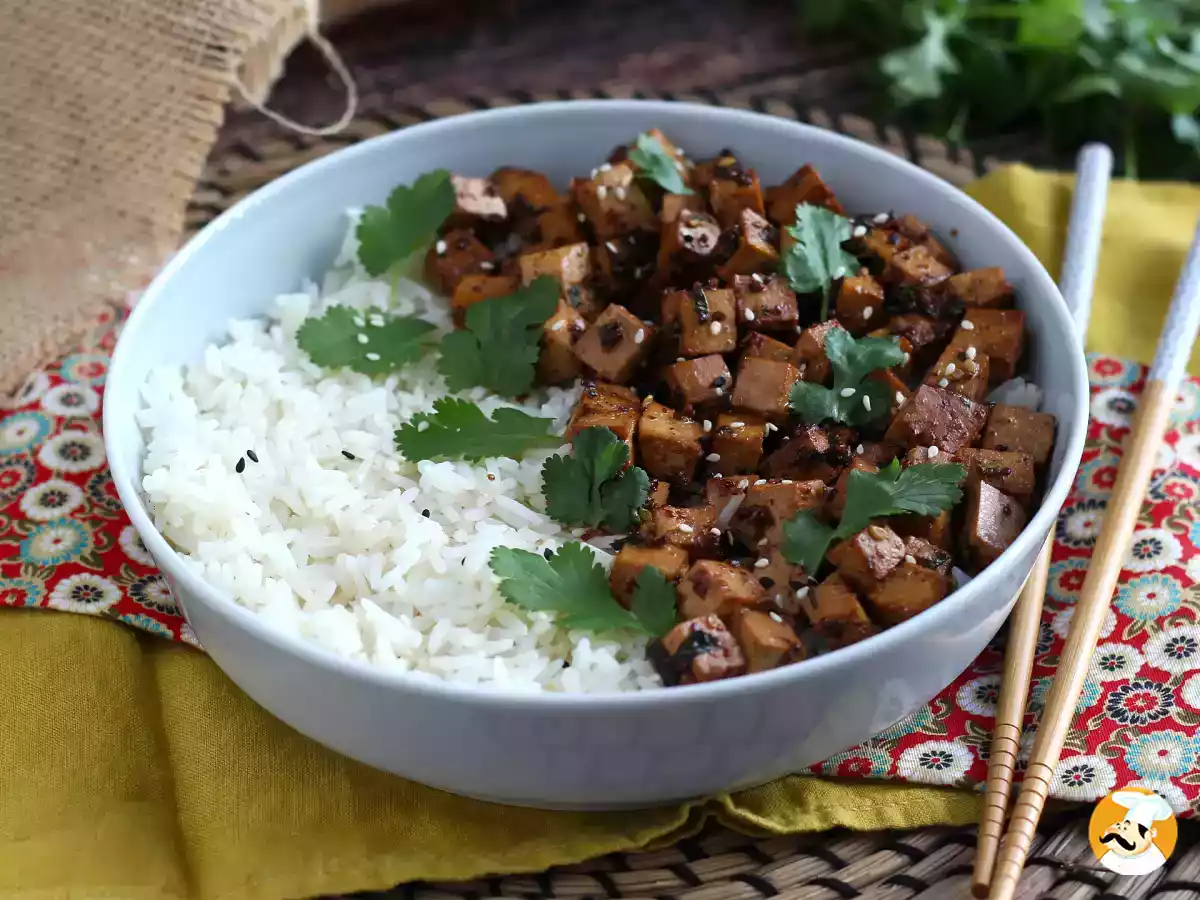Want strong bones and a calcium-rich diet? Include these 10 essential vegetarian superfoods!

Calcium is essential for healthy bones, teeth and even the proper functioning of muscles and nerves. Although milk and its derivatives are common sources of this mineral, those who follow a vegetarian (or even vegan) diet can ensure adequate calcium intake through various plant-based foods. Here are eight calcium-rich vegetarian foods to include in your diet:
1. tofu
Tofu, especially fortified tofu, is an excellent source of calcium. A 100-gram serving of fortified tofu can provide up to 350 mg of calcium, approximately a third of an adult's daily requirement. In addition, tofu is versatile and can be included in many recipes, from salads to hot dishes.
2. Kale
Kale is one of the richest green leafy vegetables in terms of calcium, with approximately 150 mg of calcium per 100 grams. In addition, kale contains vitamin K, which is important for bone health, and fiber, which helps with intestinal health. It can be eaten raw, in juices or sautéed, and is an excellent ally for a balanced diet.
3. Almonds
Almonds are an excellent source of calcium and healthy fats, vitamin E and vegetable proteins. In 30 grams of almonds (about a handful), there is approximately 80 mg of calcium. They can be eaten as a snack or added to salads, smoothies and sweet dishes such as porridge and fruit bowls.
4. Sesame seeds
Sesame seeds contain large amounts of calcium. One tablespoon of sesame seeds contains around 88 mg of calcium. Tahini, a paste made from sesame seeds, is a tasty way to consume this food and can be used as a base for sauces, pâtés and creams to accompany vegetables and breads.
5. Broccoli
Broccoli is a vegetable with a high concentration of calcium, as well as other essential nutrients such as vitamin C and fiber. Around 100 grams of broccoli provide around 47 mg of calcium. It is an excellent option for supplementing your daily intake of calcium, especially when eaten regularly in a variety of meals, such as stir-fries, salads and soups.
6. White beans
White beans are a legume rich in calcium as well as iron and vegetable proteins. A 100 gram serving of cooked white beans contains around 60 mg of calcium. White beans can be used in salads, soups and stews, making them a nutritious and versatile option to include in a calcium-rich diet.
7. Quinoa
Quinoa is a pseudocereal rich in protein, fiber and calcium. It can be used as a side dish, in salads or in sweet recipes.
8. Enriched vegetable milk
Many vegetable milks, such as soy, almond and oat, are enriched with calcium and vitamin D, making them great alternatives to cow's milk.
9. Chia seeds
10. Orange
Take into account:
Include Vitamin D in your diet: Vitamin D helps in the absorption of calcium. Daily sun exposure is essential for the synthesis of this vitamin, but it can also be found in fortified foods or supplements.
Avoid Excess Sodium: Excess sodium consumption can increase the excretion of calcium through the urine. Reduce your consumption of highly processed, sodium-rich foods.
Moderate Caffeine and Soft Drink Consumption: Caffeine and soft drinks can interfere with calcium absorption and increase its excretion. Drink coffee in moderation and opt for healthy drinks.
Consult a nutritionist: For a balanced and complete vegetarian diet, consult a nutritionist. They will be able to help you put together a personalized diet plan and ensure that you are getting all the nutrients you need.
Remember: A rich and varied diet, combined with good hydration and regular physical activity, is fundamental to health and well-being.
Conclusion: Following a calcium-rich vegetarian diet is perfectly feasible with proper planning. Fortified tofu, sesame seeds, kale, among other foods mentioned, are nutritious options that help you meet your daily calcium needs. In addition, combining them with sources of vitamin D and reducing consumption of sodium and caffeine will contribute to more efficient absorption of the mineral.
Read more
 Mirella Mendonça
Mirella Mendonça

Comments
Valerie Schey
Thank you for this very valuable information! I will share this on my Facebook page.